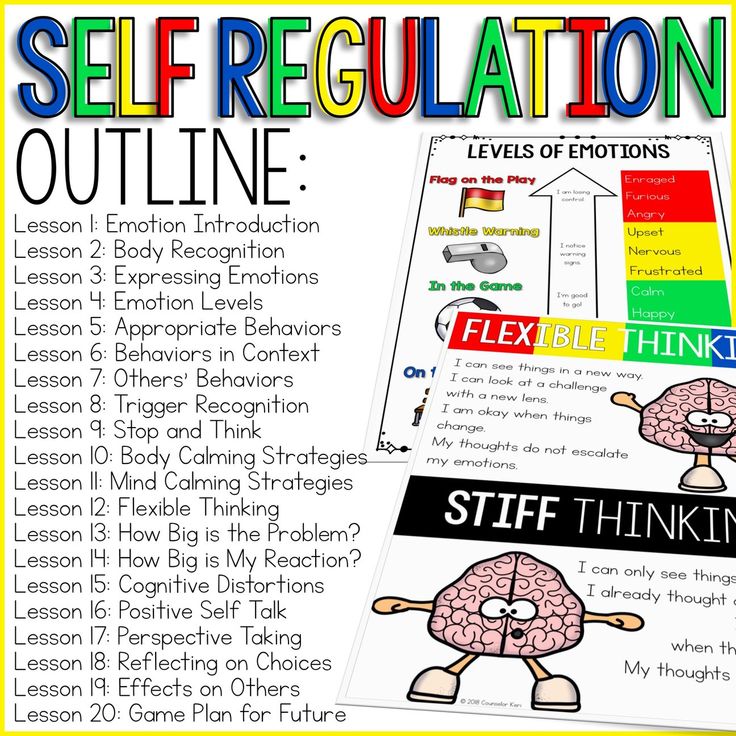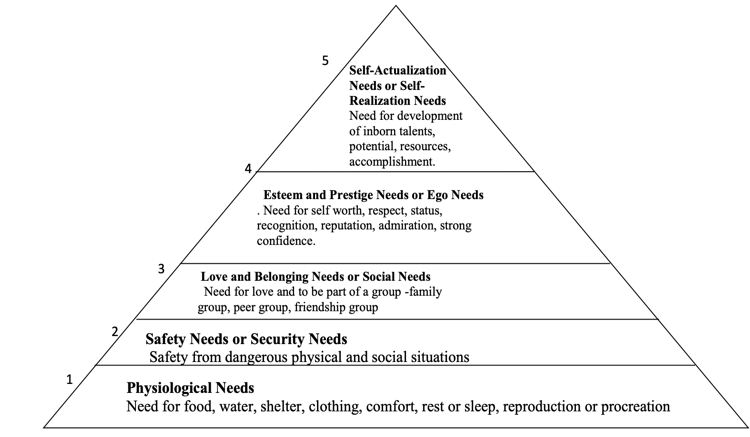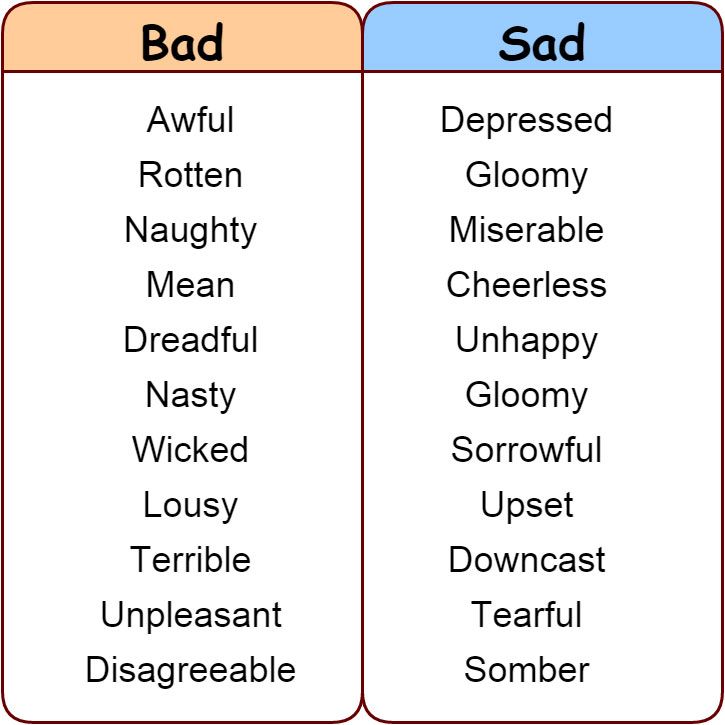Dealing with lack of motivation
What advice would you give to someone lacking in motivation?
21st Nov 2016
Campaign
Motivation
Guest blogger
Lack of motivation is a feeling we may experience from time to time as individuals. For people living with mental health problems, this can exacerbate this.
From meeting up with friends to starting a new project or engaging in a hobby we know and love, it can sometimes be hard to find the motivation to actively get involved with activities that are good for your mental health. This can become even harder when we are struggling with mental health problems. Tasks that may seem simple to others, such as having a shower or making breakfast, can become overwhelming.
So, we thought it would be a good idea to ask the general public for their top tips on overcoming a lack of motivation so we can share them with our online community. Read on to find out more about what the general public had to say.
1. Break tasks in to manageable chunks
Breaking tasks into smaller chunks leading up to the ultimate goal can help manage thoughts about the process. Focusing on the individual tasks needed to complete a project can help stay present and in the moment.
2. Write down each positive thing you experience throughout the day
Many people feel that writing down positive things can be handy when aiming to stay hopeful when struggling emotionally, serving as a reminder of memorable moments. This can be motivating in itself.
3. Give yourself credit for the small things you do
Notice the little things by praising yourself for each task completed - it can add up quickly! Practising mindfulness can also help you focus and appreciate every moment and the 'small' things you do, such as getting out of bed or brushing your teeth in the morning. Each evening, why don't you try noting three small wins that you have achieved that day, remembering that whatever you achieve, no matter how small, is always something to be proud of.
4. Have some 'me time'
Take time out to do more of what you love and enjoy. From sightseeing around your local city to spending time alone in a scenic park, taking time out to look after yourself can support your mental health and may provide some inspiration.
Put yourself as number one priority and do whatever it takes that you think will help to make you feel better - Linda
Even a crumb looks enormous if you're an ant or feel like one
Viv
Whatever works for you, grab it with both hands
Alan
Take any opportunity to praise yourself and not focus on the things you haven't done but look at the things you have
Sharon
5. Be gentle with yourself
Be gentle with yourself
Accept the current state of how you feel, acknowledge the feeling and look for ways to reach out for support if needed. Practising self-care and being gentle with yourself can be a great help when experiencing a lack of motivation.
6. Try to be present
Remaining present and in the moment can help to focus on the now, which may help when experiencing a lack of motivation. Whether it is walking your dog or trying new food, focusing on the present moment is good.
See our guide on How to look after your mental health using mindfulness for more.
7. Attend helpful events
Self-help books, courses and events are all tools that can support your knowledge of mental health - learning ways to improve your self-esteem or perhaps stay inspired may help when experiencing a lack of motivation.
8. Ask for help
Talking about your feelings can be good for your mental health. It is often the first step to overcoming mental health problems, and some people are willing to listen. Some people prefer to speak to family or friends, and others may wish to discuss their feelings with a professional. You can talk with your GP about how you are feeling. They can offer you information on support, such as treatments and counselling available.
It is often the first step to overcoming mental health problems, and some people are willing to listen. Some people prefer to speak to family or friends, and others may wish to discuss their feelings with a professional. You can talk with your GP about how you are feeling. They can offer you information on support, such as treatments and counselling available.
It's okay not to be okay all of the time.
Suzanne
Spend time watching or seeing good things.
Krishnannarayanan
Do a self-esteem workshop or course
Stephanie
Seeking help
If you’re considering seriously harming yourself, please get support now.
If you have seriously harmed yourself or don’t feel you can keep yourself safe right now, get immediate help by calling 999 or going straight to A&E.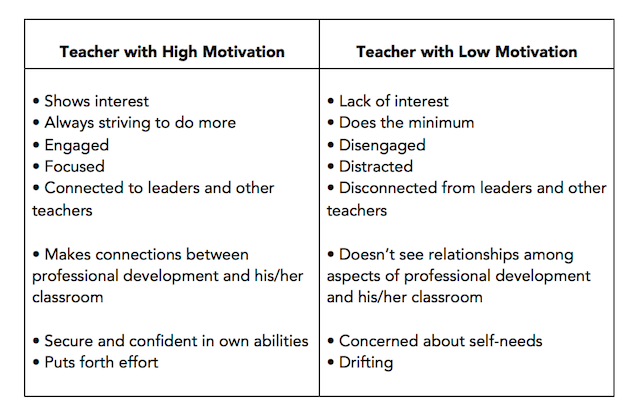
- Call your GP and ask for an emergency appointment
- Call NHS 111 (England) or NHS Direct (Wales) for out-of-hours to help
- Contact your mental health crisis team if you have one
Phone a free helpline such as:
- Samaritans offer a 24-hour a day, 7 days a week support service. Call them FREE on 116 123. You can also email [email protected]
- Shout Crisis Text Line: If you’re experiencing a personal crisis, cannot cope and need support, Text Shout to 85258.
- CALM (Campaign Against Living Miserably) have a helpline (5 pm-midnight) and webchat to support men
- Papyrus is a dedicated service for young people up to age 35 who are worried about how they are feeling or anyone concerned about a young person. You can call the HOPElineUK number on 0800 068 4141. You can text 07786 209697 or email [email protected]
Read our page on getting help.
Related blogs
/ CampaignSet a theme for yourself this new year
Read : Set a theme for yourself this new year / CampaignClimate change and mental health - how to look after your wellbeing
Read : Climate change and mental health - how to look after your wellbeing6 Causes and Ways to Overcome It
Jump to section
Understanding how motivation works
Why are you lacking motivation?
How can you get back on track?
FAQs about motivation
Everyone experiences a lack of motivation at some point in their life. Whether you’re having a hard time finding a sense of motivation to do your laundry or work on the business pitch you’ve been thinking of, we all get into slumps.
Whether you’re having a hard time finding a sense of motivation to do your laundry or work on the business pitch you’ve been thinking of, we all get into slumps.
But we can all learn to identify what causes a lack of motivation in daily life and how to help ourselves get back on track.
Understanding how motivation works
You developed strategies to increase your sense of motivation a long time ago. You didn’t even realize it, but they formed at a young age — long before you entered the workforce. Here are three examples to reflect on to better understand motivation.
Being motivated by “adults” no longer works when you are one
Did your parents or teachers yell at you to convince you to complete your daily tasks when you were young? Parents or teachers motivating you by punishing or reprimanding you if you didn’t meet their expectations isn’t sustainable in adulthood. This is extrinsic motivation.
But now that you’re an adult and you can’t get detention or be grounded, nobody is pressuring you the same way. This could be why you’re having a hard time finding motivation.
This could be why you’re having a hard time finding motivation.
Being a people-pleaser undermines your motivation
Are you a people pleaser? Do you lack motivation? Little do you know, those things are related. If your motivation only turns on when you’re trying to do something for other people, you won’t have any left for yourself.
Even if you think you’re just a great helper, you’re training yourself to put others before your well-being.
Social media consumes your motivation
As you scroll through posts and posts, your need for self-esteem could be suggesting that you need to be more like people you see online. The images and lives shown are curated and often unrealistic. They may seem unreachable. Rather than motivate you, social media can be demotivating.
Even if you are motivated by what you see, the time lost can still cause you to lose motivation. Also, if you rely on comparison, when you take a break from social media, that motivation could be gone.
Why are you lacking motivation?
It’s okay that your previous motivators don’t work for you anymore. This means you’re experiencing some personal development, and that’s good. It’s important to understand that no matter why you’re experiencing low motivation, there will always be strategies and people to help you find motivation again.
A few people more than happy to help are the coaches at BetterUp. We want to be there for you regularly to help your well-being and learn how to unlock your motivation again. To learn more about BetterUp, click here.
Everyone experiences a lack of motivation in different ways. What hinders some may not be an issue at all to others. The first step to beating your procrastination is to identify your motivation problems.
Think about which ones apply the most to you. Here are six causes for lack of motivation:
Spreading yourself too thin
Burnout is real. When you have too many things on your to-do list, it doesn’t encourage you to get them done. Your procrastination can stem from feeling overwhelmed with your daily tasks. It doesn’t matter if you’re working from home and think you have plenty of time to hustle; your energy and level of motivation can be exhausted from your couch, just like the office.
Your procrastination can stem from feeling overwhelmed with your daily tasks. It doesn’t matter if you’re working from home and think you have plenty of time to hustle; your energy and level of motivation can be exhausted from your couch, just like the office.
Doubting yourself
When you doubt your abilities, you don’t feel like your completed tasks are done right. It can be a struggle to feel that sense of motivation to get started. Try to tell yourself some positive affirmations to help you get off the right foot. Think about the qualities and characteristics that you love about yourself. Even if it’s not work-related, think about how you deserve to keep trying to achieve your goals.
Mental health issues
Low motivation can be a common symptom of depression, anxiety, and other mental health issues. You can practice self-help and self-care as much as you can, but you may find that seeking professional help is more helpful for your emotions. Online therapy is beneficial, especially during the COVID-19 pandemic. Just know that you’re not alone, and you have lots of loved ones who want to see you receive the best help.
Just know that you’re not alone, and you have lots of loved ones who want to see you receive the best help.
Lack of commitment
Take a step back and think about how dedicated or passionate you are about your work right now. Do you agree to do these tasks because you feel obligated? Identifying where your to-do list decreases your motivation helps you know where to add some spice. (And by spice, we mean something fun that gives you incentive and energy to complete your tasks).
Bad attitude
Things don’t always go the way we hoped, but that doesn’t mean you’ll stay in a rut forever. Focusing on bad things deters you from accomplishing tasks, and it can’t control you forever. You can be upset, but a lasting bad attitude will ruin your motivation unless you actively try to change it.
Not being specific enough
You may think you have specific goals in mind, but are they encouraging your motivation levels? Giving yourself clear directions is essential. Without them, vague ideas will fade over time. You can’t just say you want to eat healthier. You need to be specific about what you want to achieve and outline precisely how you’re going to do that.
Without them, vague ideas will fade over time. You can’t just say you want to eat healthier. You need to be specific about what you want to achieve and outline precisely how you’re going to do that.
How can you get back on track?
Now that you know what can cause a lack of motivation, you need to learn techniques to start finding your motivation again. Repeating positive affirmations will only take you so far.
Each tip may not be for you, but try and find at least one that you can start practicing:
- Listen to podcasts that share positive, encouraging stories.
- Surround yourself with people in your life who are also working on goals and share progress and challenges.
- Give yourself incentives or rewards for accomplishing tasks.
- For every task you do that you don’t like, do something that makes you happy.
- Break your to-do list into manageable sections.

- Make your tasks into habits in your daily routine.
- Get outside for a walk to center your focus.
- Be kind and compassionate to yourself.
- Argue the opposite when you think negative thoughts.
FAQs about motivation
Are you wondering about other common questions people lacking motivation ask?
What’s the importance of having a challenging job to feel motivated?
Without any challenges, you won’t have anything new to work toward. If all of your tasks are easy, you won’t have any incentive to do better. Regularly throwing in a challenge can motivate you to learn something new, sharpen your skills, and try new experiences.
What things affect my motivation?
Plenty of things can affect your motivation. The weather, people around you, how hungry you are, and more impact your motivation levels. Pinpointing what impacts you the most is challenging, but it can help you get back on track. Next time you lack motivation, pay attention to your surroundings.
Next time you lack motivation, pay attention to your surroundings.
How can I help someone that’s feeling unmotivated?
One of the best things you can do for someone lacking motivation is to support them when and how they need you. If they’re struggling against a mental illness, you can suggest seeking professional help. If they need someone to hold them accountable for their daily tasks, you can do that too. Show up for them in the ways that suit them; everyone’s needs are different.
What to do when you don't feel like working - Offtop on vc.ru
“Every week I write three new articles. And every week I have to look for motivation to get to work. The worst thing is that this happens to me all the time. It got me to the point where I google articles on "how to motivate yourself" and look for entries on this topic on Reddit. Of course, all this does not help, but only eats up my time, leaving even less for work. Work that I never started, ”writes the author of the note.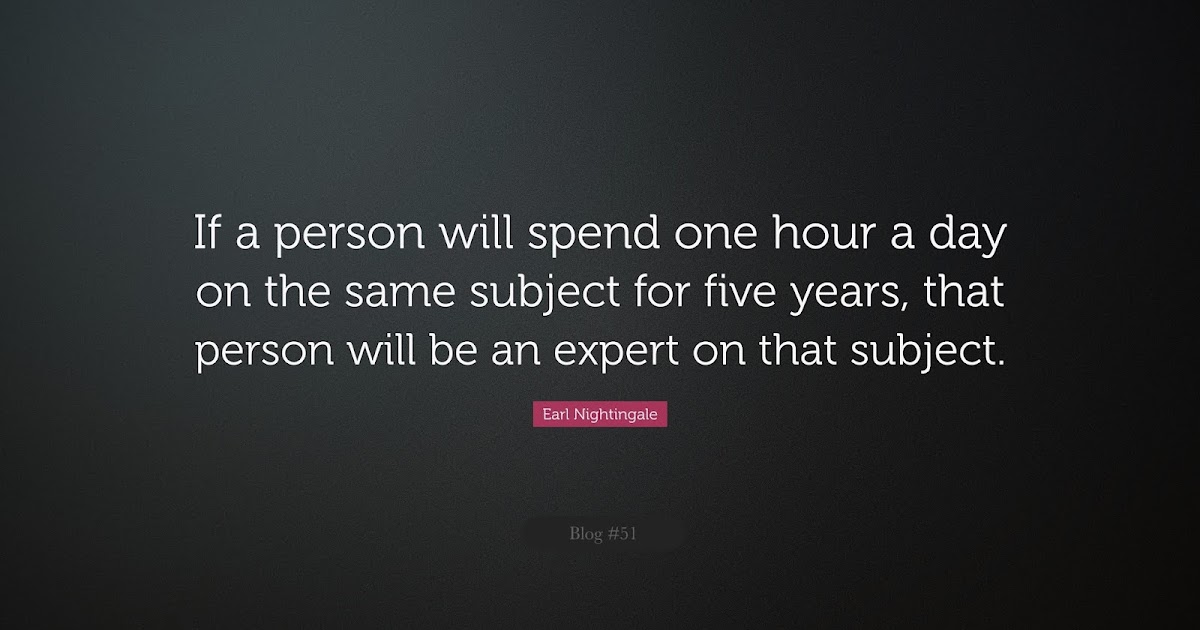
As Cooper notes, there are two types of motivation: intrinsic and extrinsic. “External comes from factors outside of yourself, such as when you make your boss happy about your success, get a promotion, or meet deadlines. Internal - when you want to do something for yourself. Finished work brings you joy or personal benefit.
Extrinsic motivation, Cooper notes, is quite common, but it can be ineffective to rely on it alone - such factors are beyond the employee's control. “Intrinsic motivation, in contrast, comes from what you can control. This is natural motivation. It is she who makes us eat when we are hungry, go to bed when we are tired, and so on. To force ourselves to get to work, we have to increase intrinsic motivation.”
However, the author notes that this is not so easy to do. “Many people misunderstand what motivation is and therefore fail to increase it. In fact, motivation is an emotion. Lack of motivation is a negative emotion akin to stress. It is often impossible to quickly deal with a negative emotion. Some experts say that stress is a cycle that needs to end. Even if we are distracted by something interesting, in the end we still have to return to the stressful situation and complete the cycle. Lack of motivation may not have a similar cycle, but it is also an emotion, and it cannot be simply “turned off” in the same way.”
Some experts say that stress is a cycle that needs to end. Even if we are distracted by something interesting, in the end we still have to return to the stressful situation and complete the cycle. Lack of motivation may not have a similar cycle, but it is also an emotion, and it cannot be simply “turned off” in the same way.”
Cooper's approach, she says, helps her not focus on her lack of motivation. “These methods will help you develop intrinsic motivation and get started easily,” she says.
1. Memories
Memories of positive experiences from the past, writes Cooper, are powerful motivators. As an example, she cites a study conducted at one of the universities.
The study involved three groups, each of which had to play sports. At the same time, in one of the groups, the students had to remember something good associated with training, the second group worked as usual, and the participants in the third group had to resurrect memories of negative experiences in their memory.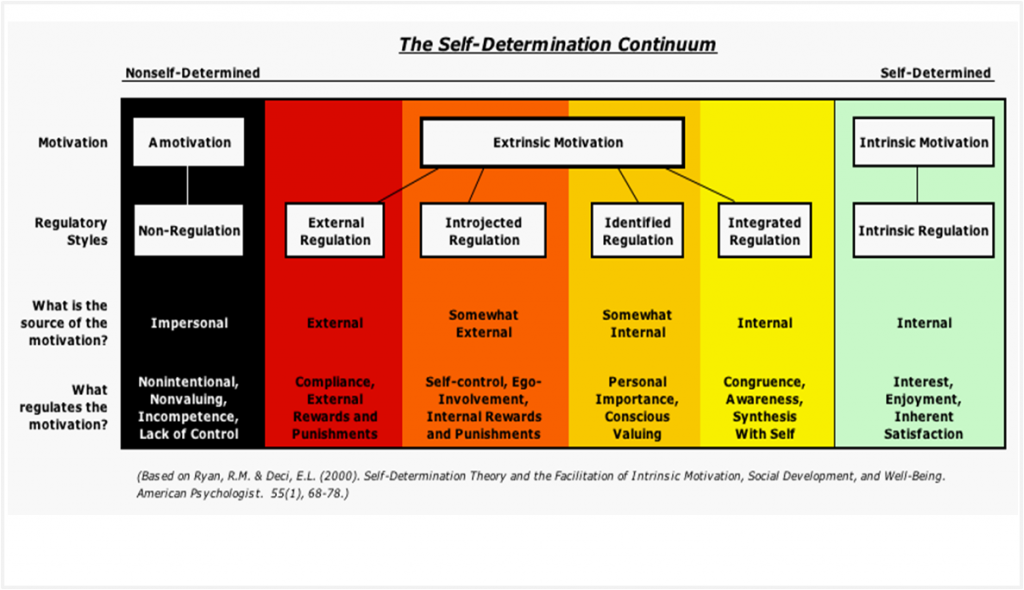 More motivated to work were students not only from the first, but also from the third group.
More motivated to work were students not only from the first, but also from the third group.
“You don't have to remember anything good. Any memory of how you did your job before can boost your motivation. Of course, this assumption is based on just one study, but you should at least try it, Cooper notes. - Remember how you completed the task last time: where you were, what you did, and most importantly, how you felt before and after completing the task. Maybe it will get you to work."
2. Get ready to play
“Writer and entrepreneur James Clear played sports a lot. But when it came to baseball, he often struggled with motivation. During the season he had to play a lot of games, but he was not always in the mood. However, he couldn't let his team down, so he had to figure out a way to prepare himself for every match," says Cooper.
Clear, the girl continues, has created a "pregame routine" for himself. Before each match, he did the same actions to tune in the right way. He took a glove and a bat, ran across the field, did a little stretch, ran across the field again - and performed other actions, in strict order. Clear himself says that after completing all the procedures, he felt ready to play at least for the rest of his life.
He took a glove and a bat, ran across the field, did a little stretch, ran across the field again - and performed other actions, in strict order. Clear himself says that after completing all the procedures, he felt ready to play at least for the rest of his life.
Now, writes Cooper, Clear doesn't play baseball much anymore, but he has developed similar drills for all areas of his life—athletics, writing, and so on. “No matter how motivated he is, he just goes through the routine knowing that by the end of the exercise he will be ready to go to work.”
Cooper gives several suggestions for putting together such a "pre-game routine":
- "The action should be so simple that you can't get away. A Clear begins his writing preparations by pouring himself a glass of water. It's very simple."
- Some physical exercise should be included in the list of activities, even if it is not preparation for sports training. “The fact is that the body languages of a motivated and unmotivated person are very different.
 Physical exercise helps the body "wake up" and tune in to the working mood.
Physical exercise helps the body "wake up" and tune in to the working mood. - It is necessary to repeat routine actions every time before starting work, even if motivation is already present.
3. Rely on teammates
“If you have ever worked remotely, you know that such work brings both a sense of calm and a sense of loneliness. Being part of a team is great. It brings such strong emotions that your productivity can increase even from the thought that you have comrades, ”explains Cooper.
The author of the note gives as an example one of the studies on increasing motivation. Participants were divided into two groups and given a puzzle each. The scientists told the members of the first group that they would work with teammates, and even introduced them to each other. The members of the second group had to work alone.
The participants of the first group actually also worked alone, but the researchers gave them notes supposedly written by their comrades (in fact, these notes were written by the scientists themselves). The members of this group ended up being able to work on a problem 50% longer. In addition, they noted that the work was fun and interesting.
The members of this group ended up being able to work on a problem 50% longer. In addition, they noted that the work was fun and interesting.
4. Put something at stake
Loss avoidance is a neuroeconomics concept. It describes the fact that a person experiences more emotions from loss than from gain - even if they are completely equivalent. “If you find $20, you will be happy. However, if you lose $20, you will be upset - and much more so, ”Cooper explains.
“The good news is we can turn this to our advantage. One professor conducted an experiment on his students. He offered the first group of students to solve additional tasks, for each of which they could earn an additional point. A student who earned 5 points could not take the exam. The second time he changed the formulation of the problem. If the first time the exam was mandatory for everyone who did not earn 5 points, then the second time it was not necessary to earn 5 points. However, those who did not bother to solve additional problems at all lost the right not to take the final exam.
“The difference is that we hate to lose what we think is ours. In the first grade, 43% of students eventually earned 5 points and got the right not to take the exam. In the second grade, there were 82% of such students, ”says Cooper.
The girl recommends trying to stake something important. “Promise yourself that you will give up something if you can't get the job done. You will be surprised how much your intrinsic motivation will grow.”
work with "burnt out" employees / Sudo Null IT News0001
For the last six years I have been working on projects in banking IT, and during this time I often met with the fact that the main risk of the project was "burnt out" employees. The project rhythm and the large flow of tasks annoy such people, so their “crucifying” often becomes one of the main tasks of the project manager.
To understand why such people appear in the organization, let's consider a specialist development model based on the "skill / motivation" parameters. I took the basis for it from the situational leadership model and developed it a bit based on practical observations. This model is needed to understand at what stage of the "life cycle" they may be on our project, and how this affects their motivation.
I took the basis for it from the situational leadership model and developed it a bit based on practical observations. This model is needed to understand at what stage of the "life cycle" they may be on our project, and how this affects their motivation.
Stage 1 - little experience, a lot of enthusiasm (low skill, high motivation) . This may be a young specialist who has received his first job; a person who decides to try himself in a new profession or a professional who has been promoted to a leadership position. In general, any of the options, when a person has just arrived at a new place, really wants to succeed, but does not yet understand how to do it.
At this stage, there is usually a person who has just signed up for the gym: he definitely decided that he would go there several times a week, lose weight, build muscle, and go on this vacation beautiful and fit.
Stage 2 - first disappointment (low skill, low motivation) . At this stage, our specialist comes to understand that everything is not as simple as it seemed to him initially. He makes the first mistakes, he fails to achieve success right away, and most importantly, he understands that the path to the top is very long and not at all as simple as it seemed at first.
He makes the first mistakes, he fails to achieve success right away, and most importantly, he understands that the path to the top is very long and not at all as simple as it seemed at first.
Returning to our metaphor, this is the very time when, after a week or two of the gym, you realize that your muscles hurt, you don’t lose weight every day, and after a hard day’s work, your body, it turns out, wants not to train, but to relax and drink beer with friends or colleagues.
Stage 3 - natural growth (skill grows, motivation - different) . If a specialist manages to overcome the previous stage, he enters the path of professional growth. Here it is already clear what exactly needs to be done for development, it is also clear that the path to success lies through a long methodical work. This stage is usually quite long, with its black and white stripes, so there is no one level of motivation on it, the only thing that can be said is that it is usually enough to continue moving forward.
For fitness enthusiasts, a regular schedule of gym visits is established at this stage, so regular progress begins in the medium term.
Stage 4 - competent person (high skill, strong motivation) . At this stage, the specialist reaches a plateau of competence, and can begin to perform tasks autonomously (in the case of fitness, without a coach), gradually expanding his area of responsibility and helping novice specialists. Ideally, after working for some time in this mode and having prepared a replacement for himself, the employee goes for a promotion and returns to the first stage, starting a new round of his career spiral.
In real life, unfortunately, this is often not the case. New positions are not always available, and the absence of any candidates for this post does not allow you to train yourself a worthy replacement, so the next stage is coming.
Stage 5 - overly competent specialist . The very state that is well described by the English word “overqualified” and means a noticeable discrepancy between the competence of a specialist and the needs of his position or organization in general. The condition is characterized by a constant decrease in motivation, due to the lack of a positive connection from the implementation of complex, interesting tasks. After a while, a decrease in motivation leads to disappointment from work, and a shift in priority from work to something else (hobbies, family, side projects). Typical external signs: a person begins to work strictly according to the schedule, and when meeting, they talk more not about their work, but about something that has taken its place in the priority system.
The condition is characterized by a constant decrease in motivation, due to the lack of a positive connection from the implementation of complex, interesting tasks. After a while, a decrease in motivation leads to disappointment from work, and a shift in priority from work to something else (hobbies, family, side projects). Typical external signs: a person begins to work strictly according to the schedule, and when meeting, they talk more not about their work, but about something that has taken its place in the priority system.
Here I want to make one more important point: a person at this stage is not necessarily a bad performer. On typical tasks, the lack of motivation of a good specialist is compensated by a high level of professionalism . Problems begin if there are difficult tasks that require getting out of the comfort zone; in this case, behavior opposite to the expected one will be observed - instead of labor enthusiasm, rejection or even resistance is observed. This happens because the solution of tasks that go beyond the competence requires a high place in the system of priorities, and this place is already occupied by something else. The expectations of the management begin to diverge from the behavior of the employee, the employee begins to be put under pressure, which demotivates him even more.
This happens because the solution of tasks that go beyond the competence requires a high place in the system of priorities, and this place is already occupied by something else. The expectations of the management begin to diverge from the behavior of the employee, the employee begins to be put under pressure, which demotivates him even more.
The final, sixth stage of this process will be professional degradation, and a person from the state of "can, but does not want" passes into the state of "does not want and cannot." Such employees are either reduced during the next staff optimization, or they end up in “paper” positions with a low level of responsibility.
According to my observations, such a cycle takes from 3 to 10 years, depending on the complexity of the subject area.
Let's now turn to the features of the labor market in the banking sector (I assume that my conclusions will be valid for a number of other areas). It has several characteristic features:
- The price of a mistake is quite high, so there is a desire to hire specialists with experience in the same field.

- Salaries in the industry are quite high, usually there is no need to take inexperienced specialists and grow them on your own.
- There are a large number of places where competence rests on one person - as a rule, there is enough of him, so he does not have subordinates or
In this situation, a typical manager tries to find a person who is at the “competent specialist” stage, that is, someone who can immediately perform the tasks effectively. Sometimes they even look for a person with a deliberately high qualification, so that he “does it right”.
Unfortunately for employers, "competent specialists" hardly look for a new job themselves. This is explained quite simply: the desire to change jobs usually occurs when motivation has already been downgraded to , i. e. when a person is already at the fifth stage.
e. when a person is already at the fifth stage.
Another bad news: the novelty effect itself causes a temporary increase in employee enthusiasm - usually it lasts for several months, which in Russian conditions just allows you to pass the probationary period. After that, the person realizes that here are “the same eggs, only more highly paid” and begins to get bored.
So it turns out that attempts to hire a ready-made specialist usually end up with the appearance of a new “burnt out” employee in the organization. Therefore, I would like to give hiring managers this advice: when you take on a new employee, make sure that he has something to learn.
What should a project manager do when confronted with a burnt-out employee?
First, , it is important to correctly assess the situation. Make sure the person is really in the "burnout" stage. Perhaps there is another reason.
Example: one bank started a project to implement a new functionality for credit cards in the Internet bank. The functionality is know-how, there are no direct analogues on the market. The signing of the specification is seriously delayed - the person in charge from the product development department has to make a number of key decisions, but he constantly evades this, saying that he needs to "discuss everything with colleagues first." Other departments do not have such problems, where decisions are made by authorized persons quickly. The specialist is very experienced - he is about 45 years old, ten of which he has been working in this bank, now he holds the position of card product development manager.
The functionality is know-how, there are no direct analogues on the market. The signing of the specification is seriously delayed - the person in charge from the product development department has to make a number of key decisions, but he constantly evades this, saying that he needs to "discuss everything with colleagues first." Other departments do not have such problems, where decisions are made by authorized persons quickly. The specialist is very experienced - he is about 45 years old, ten of which he has been working in this bank, now he holds the position of card product development manager.
Is this person burnt out? Quite possible. In order to be sure of this, it is best to personally talk to him and his superiors. It is worth acting directly, but tactfully - describe the facts (“delay in the signing of the specification”) and your vision of solving the problem (“you need to make decisions on specific issues faster”). Answers should be listened to carefully, in no case getting involved in disputes. Our goal is to make a diagnosis, not to convince a person that he is wrong.
Our goal is to make a diagnosis, not to convince a person that he is wrong.
In our example, it turned out that this specialist was promoted to this department just a month ago - before that, he had been the manager of another, less complex product in the same department for five years. Unfortunately, the management could not allocate a more experienced specialist for parallel participation in meetings, so our hero has to discuss the details of the project with his colleagues in the evenings in order to be able to make the right decisions.
If we did not understand the situation and tried to “pressure” a person who is already doing well without it, then in the end, instead of improving productivity, we would have got a damaged relationship.
Secondly , if you are convinced that the person is burnt out, highlight this problem to sponsors and try to get him replaced. Try to explain that a less experienced, but more motivated person will be more helpful to the project, while a more experienced colleague can be left in the role of consultant.



